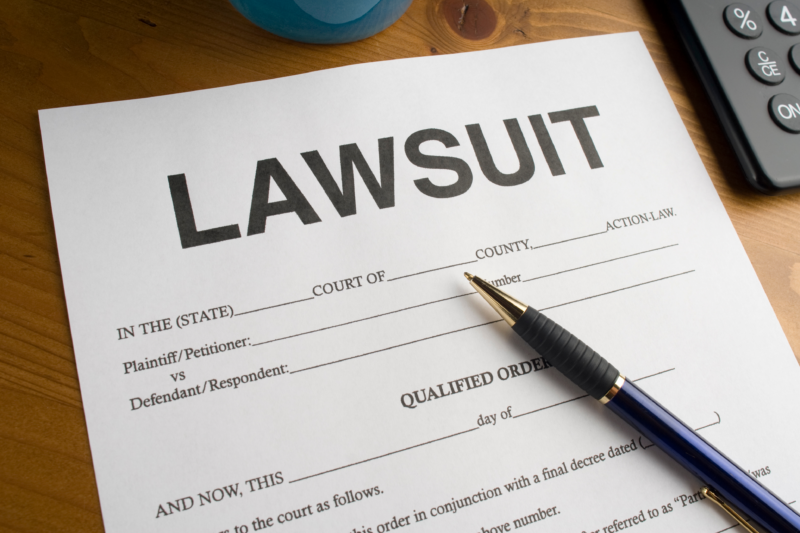To start a lawsuit, one must file a complaint that states a claim for relief. This complaint can be fairly straightforward. All that is required is that the plaintiff shows that (1) the court has jurisdiction over the matter; (2) he or she has a claim entitling him or her to relief; (3) and he or she must demand relief. Once the defendant receives that complaint, he or she can file their answer, any counterclaims, crossclaims, or third-party complaints. These complaints, answers, counterclaims, etc. are collectively known as the pleadings.
Sometimes, mistakes happen, and parties forget to include things in their pleadings that were important. These mistakes can be costly as a failure to deny something, bring a counterclaim, or respond timely can result in serious consequences for the parties involved in the lawsuit, whether it be individuals, families, or corporations. Parties are allowed to amend once “as a matter of course” before a responsive pleading is served, meaning that the court or opposing party will not impede your ability to amend. If a responsive pleading is not permitted, a party has 30 days to amend. Otherwise, the party cannot amend its pleading unless the court allows them to do so or the opposing party agrees. However, if an issue—not raised in the pleadings—is tried by parties’ express or implied consent, it will be treated as if it were raised in the pleadings. But a party’s amended pleading must relate to the original pleading. “Relating” usually refers to the amendment arising out of or being a part of the “same transaction” as the events in the original pleading. The whole idea with “relating” is to make sure the other party had noticed that this amended pleading was possible back in the original to avoid bringing a whole new legal theory late in a case.
With all that said, it is important to note that the allowance of an amendment is largely up to the discretion of the court as Rule 15 of the North Carolina Rules of Civil Procedure states that a “party may amend his pleading only by leave of court . . . and leave shall be freely given when justice so requires.” Rule 15 should be “construed liberally to allow amendments where the opposing party will not be materially prejudiced.” It is an abuse of the court’s discretion to deny a motion to amend without any justifying reason. Liberal amendment of the pleadings is encouraged to allow for decisions to be made on the merits of the case and not to avoid decisions based on “mere technicalities.”
Furthermore, the objecting party in a motion to amend has the burden of satisfying the court that he would be prejudiced by the granting or denial of a motion to motion to amend. The objecting party must meet this burden to avoid the allowance of the motion. To deny a motion to amend typically requires an undue delay, bad faith, undue prejudice, futility of amendment, or a display of repeated failure to cure the defects of previous amendments.
Don’t let a failure to include crucial elements in your pleadings hinder your pursuit of justice. Contact King Law Offices today at 888-748-KING (5464) to discuss your case and explore the best strategies for amending your pleadings. Our dedicated team is ready to provide you with the exceptional legal representation you deserve. Remember, at King Law Offices, we are committed to helping you build a stronger lawsuit.


